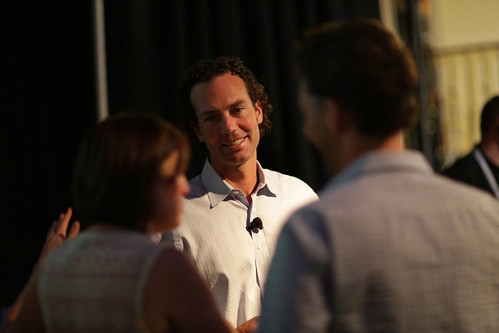*Editor’s Note: This is the final installment of a mini-series featuring talks with Michael Abbott. See the previous posts here and here.
Company culture matters because companies are made up of people, and people are social creatures. The nature of the workspace environment is going to have an indelible impact on how an organization functions. By fostering the right culture you will be able to promote actions and interactions that will be beneficial to your end goals. At the same time you have to be wary of some subtle pitfalls that can cause unexpected problems down the line.
A small number of up and coming industry directors were recently able to sit down and have a chat with Michael Abbott about some of these issues. Abbott is an expert resource on enterprise infrastructure, who is well known for taking Twitter from about 45 engineers up to 200 in two years. The group chatted about company culture, how it evolves, why it is important, and how it should be directed to the benefit of the organization. He noted that company culture is generally set by the time the tenth employee is hired.
That means that it is very important to implement the routines and procedures that you want in place from the very beginning. These will naturally permeate the business as it expands over time. However, he also stressed that company culture can be difficult to maintain through periods of rapid growth and hiring.
An interesting takeaway from the conversation was the idea of heroics. Great feats of dedication, investments of time, and moments of genius may be able to keep a site alive despite underlying issues. The problem is that heroics don’t scale, and you can’t count on them in future situations. It will be easier to scale when a product is built with a solid stable infrastructure that can support dramatic spikes in a company’s popularity.
Company culture is what defines the way a business works. It consists of the social norms of the team you are creating, and thus is a very subtle, but powerful tool for directing the way a startup grows. It is generally defined within the first 10 employees but should be designed to scale as the company grows, with value placed on quality coding and products.
Written by Alaina Percival, Head of Developer Outreach for Riviera Partners, a leading technical recruiting firm in Silicon Valley.


